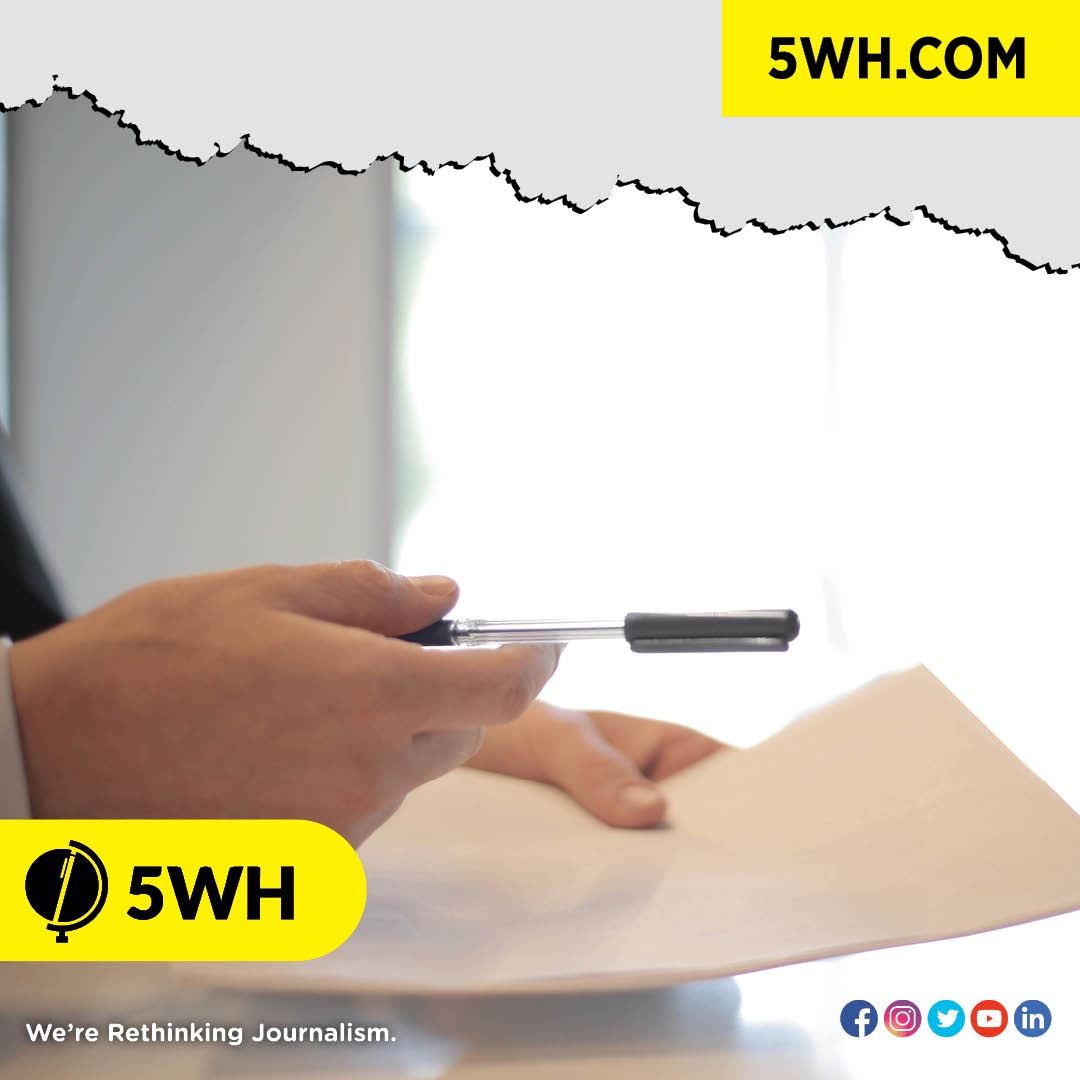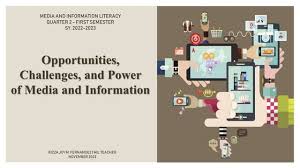
Q&A with Konstantina Buhalis, Contributing Writer, Detroit Metro Times
With a decade of entertainment journalism and five years of freelance experience, Konstantina Buhalis knows the value of flexibility.
Since starting her media career in college at just 18 years old with the outlet Ouch That Hertz!, Buhalis’s work has been published in New Noise Magazine, MTVNews, Paste, FLOOD, Business Insider, Blood Knife, Music Moves Europe Talent Awards, and more.
Although she specializes in covering shows, interviewing artists, and spotlighting women and POC, Buhalis is currently expanding her scope to write about health, investigative reporting, and breaking news. While starting graduate school this fall at the University of Michigan-Flint, Buhalis will continue contributing to the Detroit Metro Times and posting her coverage on TikTok.
5WH recently had the chance to ask Buhalis about her career and insights. Here’s what she shared:
Q: Of the many changes taking place in the media industry, what recent shifts have had the biggest impact on your day-to-day?
A: The most significant immediate impact has been the sudden closure of many publications and the lack of support from the public. A few months ago, MTVNews shuttered as I worked on the details of my next story with them. With legacy media institutions vanishing, we are losing integral outlets and media personnel struggling to find consistent work and facing job insecurity constantly. Passion accounts for so much of the work done, but dissatisfaction and disenfranchisement exist without proper infrastructure for job security and consistency.
Q: What components of reporting are more difficult than they used to be?
A: One of the most challenging aspects is maintaining readership and keeping the reader's attention. The short-form video has disrupted media consumption, so reading is not part of the consumer’s media practice. Keeping readers engaged has changed as publications use short-form video content to drive traffic to the website or print publication, and sometimes, that brings a small amount of success to publications. Still, it doesn’t provide a long-term success plan and is a temporary solution to the ongoing attention span issue.
Q: Have you embraced any digital tools in your reporting in recent years? If so, which ones?
A: I have embraced TikTok as a method of reporting, as well as Twitter, and am slowly transitioning to using Bluesky. I was an earlier adopter of TikTok for reporting and advertising work. In 2020, I worked at a record label and started the label’s TikTok account. I also helped create the Metro Times TikTok, which has gained popularity and allowed the magazine to break out past Detroit. TikTok has also allowed me to discuss and observe culture with a larger audience, keep up with cultural shifts, and observe real-time dialogue about the daily happenings of the world.
Q: On a scale of 1-10, how concerned are you about AI’s impact on journalism? If you’re very concerned, what impacts worry you the most?
A: AV Club recently posted an article that stated in the byline that the article was written by AI and edited by staff. I feel a certain amount of anxiety about the fact that publications are comfortable using AI, creating an environment where readers can become satisfied. What is worrisome is that AI is programmed with specific parameters and does not have critical thinking skills like a human, but takes content and themes to create a press release or an article. The issue is that AI can be so regularly used that it could cause more mass layoffs and hiring freezes because the literal human element isn’t necessarily needed. Furthermore, AI can’t follow journalism ethics unless programmed to understand that. AI isn’t a solution but a tool; I fear we are already abusing it.
Q: Is there anything you’re particularly optimistic about for the future of digital reporting?
A: I see younger people getting into blogs and digital zines, which is so exciting to see a return to community-based news that allows for diversity and inclusion in reporting. The new digital age means writers can communicate with each other more easily and freely. Younger writers, with their dedication to transparency, keep the media community honest about their experiences, especially regarding wages and privileges. Openness allows space for critical conversations about compensation and opportunities and how that directly affects the newsroom and the stories being told.
Q: What keeps you up at night as a journalist in 2023?
A: The public’s distrust and dislike of the media worries me as we grow increasingly comfortable with AI; I have anxiety that the public won’t push back on the complete digitization and automation of newsrooms. I also worry that the industry will collapse due to hiring and payment practices inconsistencies.
Q: Where can we find your latest work?
A: My latest work is with the Metro Times, and I have a Patreon where I post essays and playlists, and I have a feature with Flood Magazine coming up in November.
 Dedee Droege
Dedee Droege







